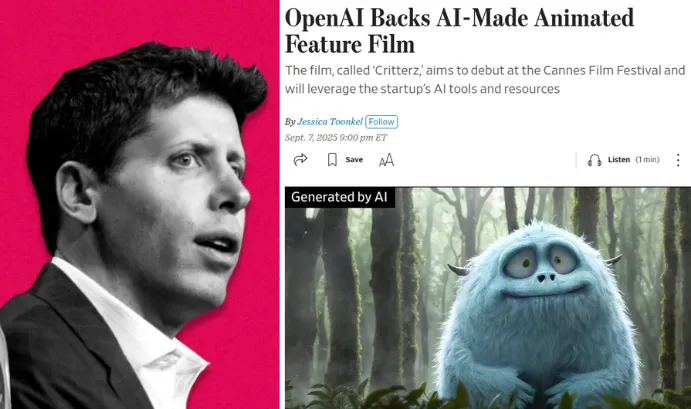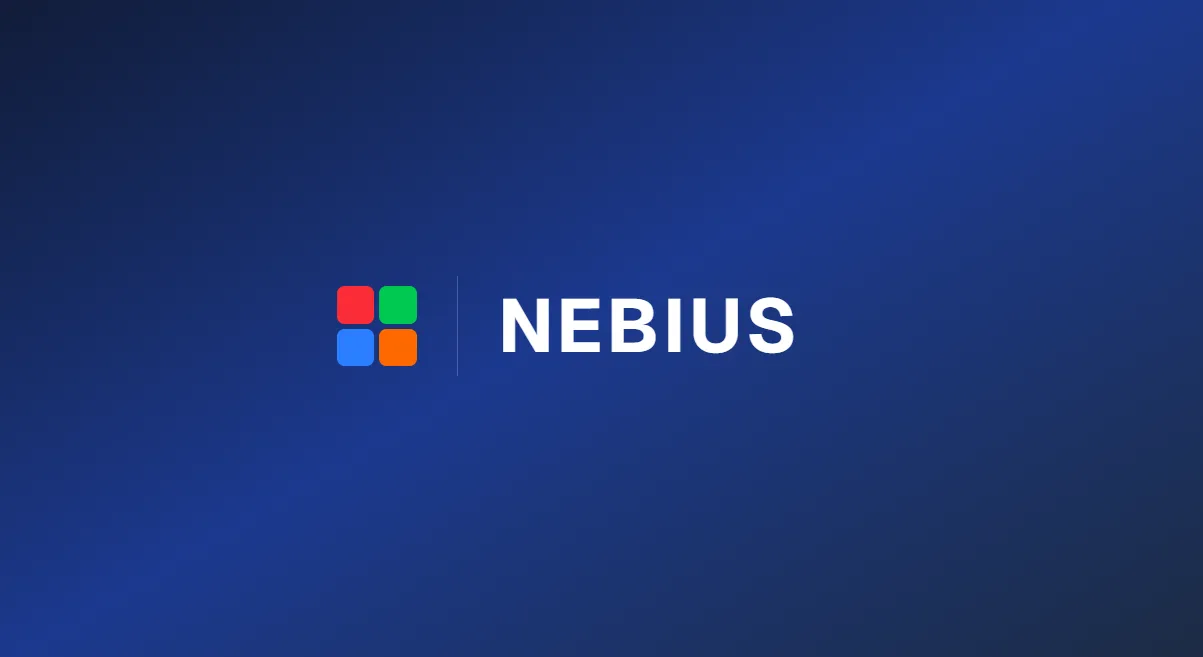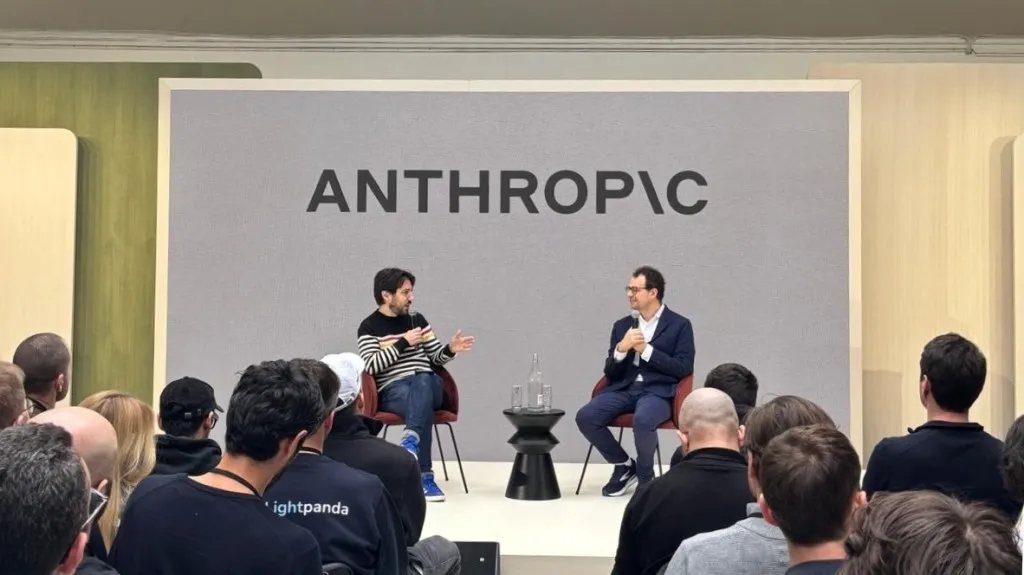OpenAI is pushing the boundaries of filmmaking by backing Critterz, an ambitious AI-generated animated feature that aims to premiere at the Cannes Film Festival in May 2026 and hit theaters globally the following year.
Accelerated Production Meets Lean Budget
In a remarkable departure from traditional animation timelines, Critterz is slated for completion within nine months a fraction of the typical three-year production schedule. Budgeted at under $30 million, the film costs significantly less than major studio efforts, which often range from $100 to $200 million.
A Creative Hybrid: Human-Led AI Generation
While generative AI plays a central role, this production embraces a hybrid model. Human voice actors will breathe life into characters; artists will sketch foundational imagery that AI tools, like GPT‑5, DALL·E, and the video model Sora, will refine and expand upon . By combining human narrative and AI visual support, the film remains eligible for copyright protection, an important legal consideration.
The project is led creatively by Chad Nelson of OpenAI, who originally sketched Critterz as a short film using DALL·E in 2023. The feature now involves seasoned writers from Paddington in Peru, along with production collaborations among London-based Vertigo Films, Los Angeles–based Native Foreign, and Paris’s Federation Studios.
Why Critterz Matters
- A Proof-of-Concept for AI in Filmmaking
OpenAI hopes Critterz will stand as a tangible demonstration of how AI can dramatically reduce production time and costs while still delivering cinematic quality, potentially appealing to both large studios and indie creators. - Attracting Attention Amid Industry Caution
While major entertainment companies like Disney and Warner Bros. have pursued lawsuits against AI firms like Midjourney over intellectual property concerns, Critterz represents a more harmonious path, one that integrates AI without sidelining human contribution. - Opening Doors for Storytellers Globally
By lowering the financial and technical barriers to entry, Critterz could democratize animation allowing storytellers with fewer resources to bring cinematic ideas to life.
Challenges and the Road Ahead
Despite the excitement, uncertainty remains around distribution, audience reception, and industry buy-in. As James Richardson from Vertigo Films noted, the process is experimental and unpredictable. It’s not yet clear whether OpenAI will participate in marketing, and no distribution deal has been announced.
Moreover, skeptics warn that AI-assisted production risks compromising emotional resonance or artistic depth traits that define traditional animation. Talent unions also remain vigilant, with concerns that increasing AI involvement may impact the livelihoods of animators, writers, and other creatives.
Critterz represents a pivotal moment in filmmaking, a bold, high-stakes experiment at the intersection of AI innovation and creative tradition. If successful, it could redefine how feature films are made, elevating generative AI from novelty to necessity. Its Cannes debut in May 2026 will be a moment to watch for both what it is and what it could become.



